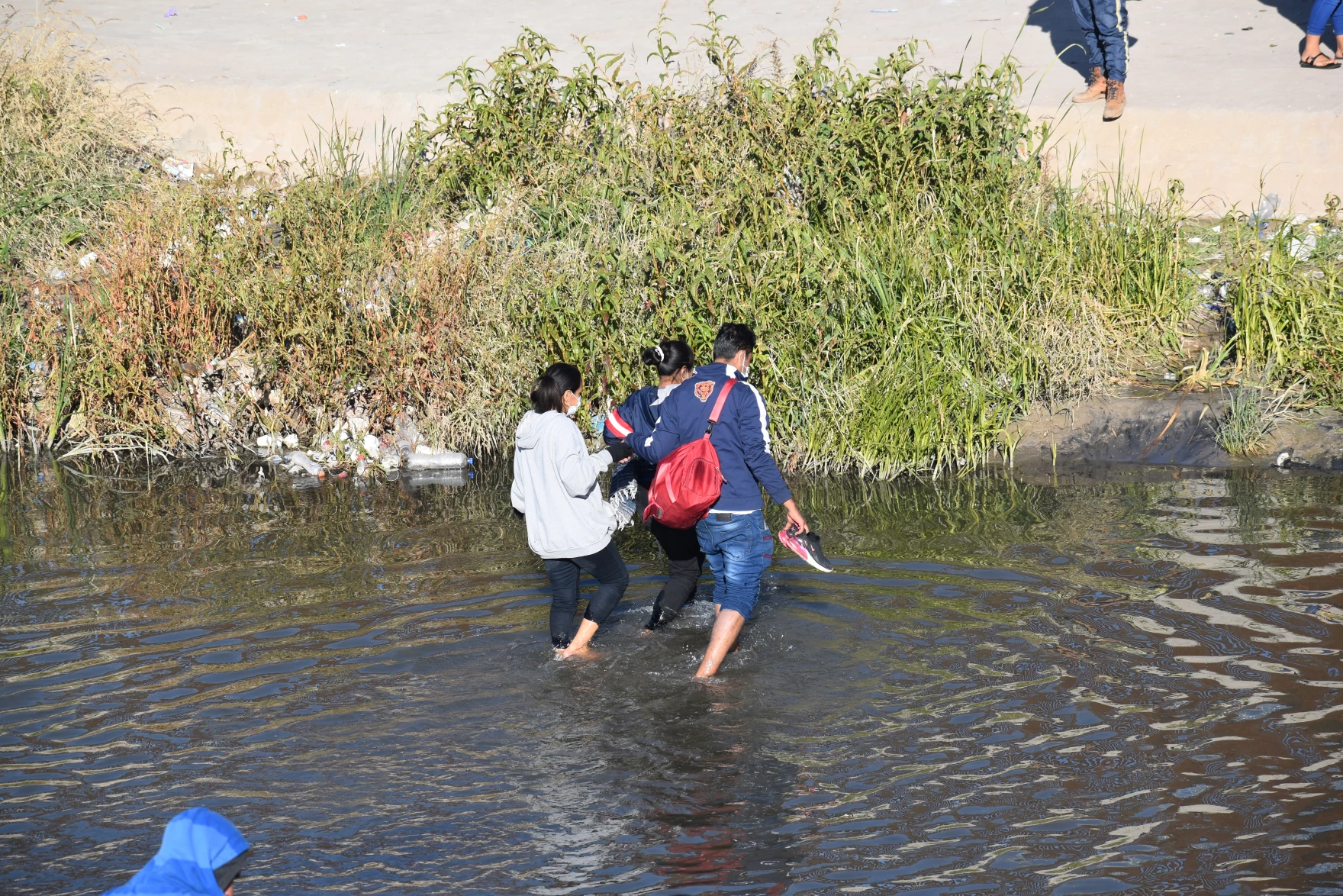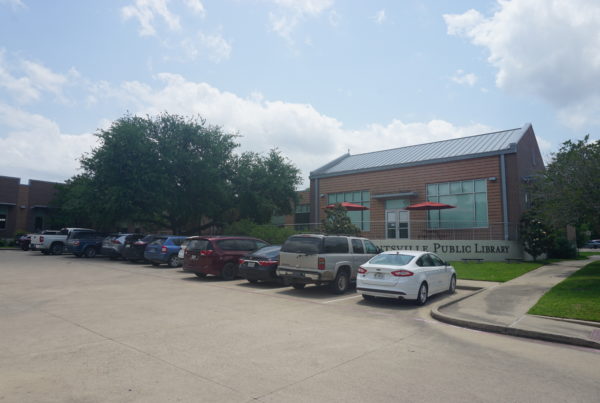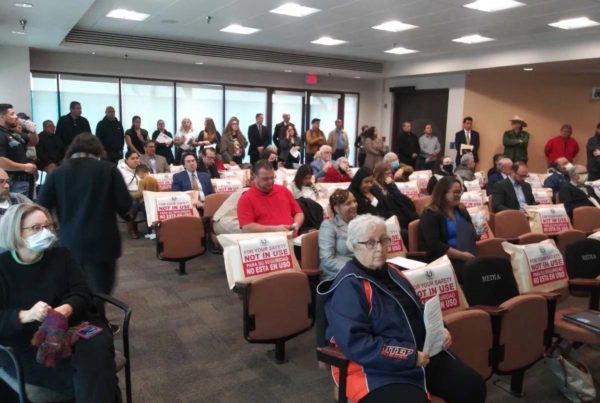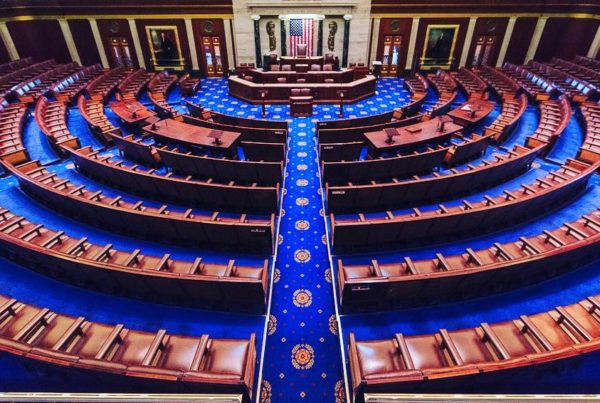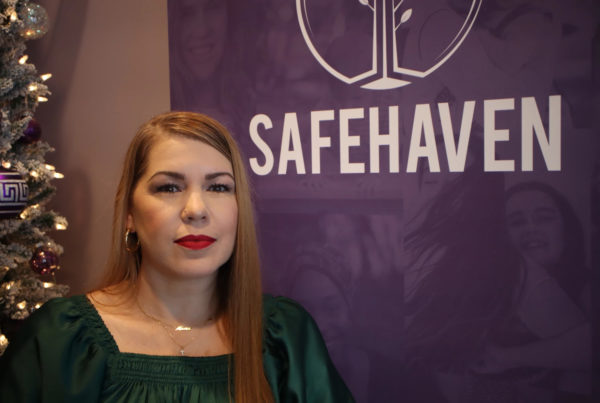From The Texas Newsroom:
The Biden administration will continue to immediately remove most migrants who cross the border without authorization but will allow some asylum seekers from Latin American countries to apply for protection.
Biden also announced he will visit El Paso — his first trip to the southern border as president – on Sunday ahead of a trip to Mexico City. El Paso has made national headlines in recent weeks after thousands of people crossed into the border city, straining local and federal resources and forcing hundreds of migrants to sleep on the streets.
As part of the multi-tiered plan he announced Thursday, Department of Homeland Security Secretary Alejandro Mayorkas said 30,000 people from Cuba, Nicaragua, Venezuela and Haiti will be paroled into the country under current immigration laws as they seek relief in the United States. The process allows someone who would otherwise be inadmissible to temporarily stay in the United States, according to the United States Citizenship and Immigration Services.
The migrants will need to apply for the protection in their home countries, Mayorkas said during a press conference. They will also be subject to a background and security check and will need a sponsor in the United States that can offer financial support. The applicants will also need to complete vaccination and other health requirements.
The administration will maintain the controversial Title 42 rule that allows for the immediate expulsion of migrants without the chance to apply for asylum. The Biden administration tried to end the policy, which was put in place by the Trump administration in March 2020. But lawsuits from several Republican-led states, including Texas, kept it in place. The United States Supreme Court will decide on the legality of the rule later this year.
The U.S. will also continue to remove migrants under a separate rule called Title 8, which deports immigrants who weren’t paroled or otherwise allowed into the country. That includes migrants who evade detection and cross between official ports of entry.
“This is important: If individuals from these counties attempt to cross the U.S. border without authorization, or the Mexico or Panama borders, after today they will not be eligible for this new legal pathway,” Mayorkas said. “So, the message is clear: Individuals should stay where they are and apply for these processes from there.”
Mayorkas added that DHS plans to propose a rule that would allow for a five-year ban on entering the country for migrants who circumvented the new policies.
“Individuals who circumvent available, established pathways to lawful migration, and also fail to seek protection in a country through which they traveled on their way to the United States, will be subject to a rebuttable presumption of asylum ineligibility in the United States unless they meet exceptions that will be specified,” he said.
The plan was met with immediate rebuke from immigrant rights groups and other organizations.
“The Biden administration should be taking steps to restore asylum law at ports of entry, not doubling down on cruel and counterproductive policies from the Trump playbook,” Eleanor Acer, the senior director for refugee protection at Human Rights First said in a statement. “Every day that these policies are in place, people seeking refuge will be turned away to suffer horrific abuses. This subversion of human rights and refugee law is a stain on the record of President Biden and his administration that will inflict indelible harm on human lives, human rights, and the refugee protection system globally.”
The El Paso-based Las Americas Immigrant Advocacy Center also bashed the policy as redundant and ineffective.
“As a deterrence approach, Title 42 is a failure. It has only encouraged migrants to cross repeatedly and in increasingly remote and dangerous areas,” said Marisa Limón Garza, the executive director at Las Americas. “Through this policy, migrants’ lives and wellbeing are at risk through kidnapping, smuggling, labor trafficking, and other human rights violations.”
She added that El Paso has seen firsthand how current policies only fuel the humanitarian crisis once migrants who evade detection make it into the country.
“This has the knock-on effect of complicating efforts to meet the basic humanitarian needs – food, shelter, and sanitation – of this population,” Limón Garza said. “Expanding Title 42 has made responding to events at the border in a safe, orderly, and humane manner more difficult.”
Earlier Thursday, Biden said his ultimate goal was to come together with Republicans on a comprehensive solution to immigration, which previous administrations failed to accomplish. But Biden said Republicans aren’t serious about moving forward on the issue and instead are using it to score political points.
“It is so easy to demagogue this issue,” he said. “It’s not new. Part of it is human nature and fear. But there’s got to be an orderly way. And I know we can make it much, much better.”
When asked by reporters why his visit to the border, which Republicans said is overdue, is coming now, Biden said he wanted to wait until he knew more about the outcome of the Title 42 litigation. But since that’s still hanging in the balance, he decided to come now.
“I wanted to make sure that I knew what the outcome, or at least the near outcome, was on Title 42 before I went down,” he said. “I don’t like Title 42, but it’s the law now [and] I have to operate within it.”


